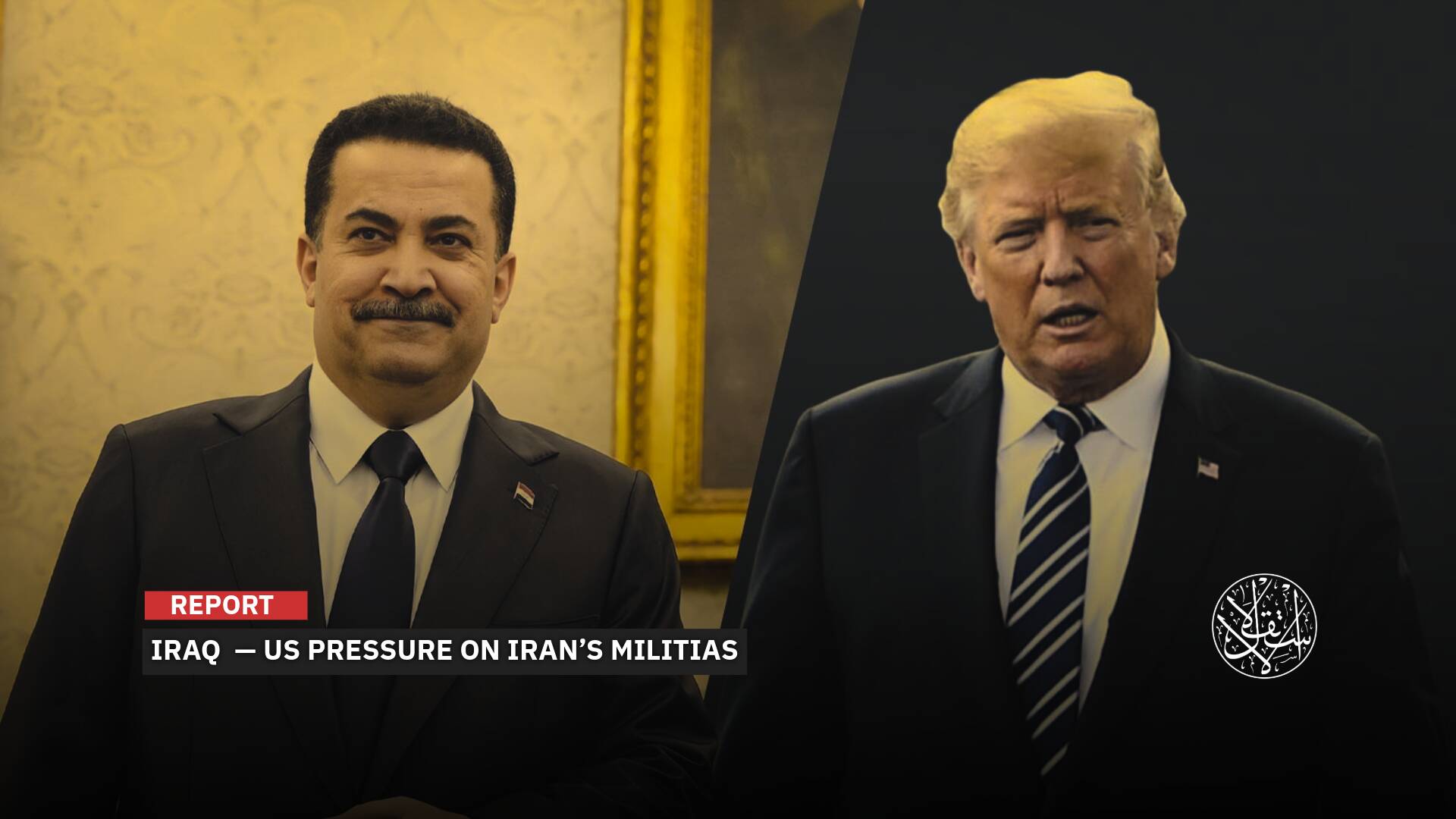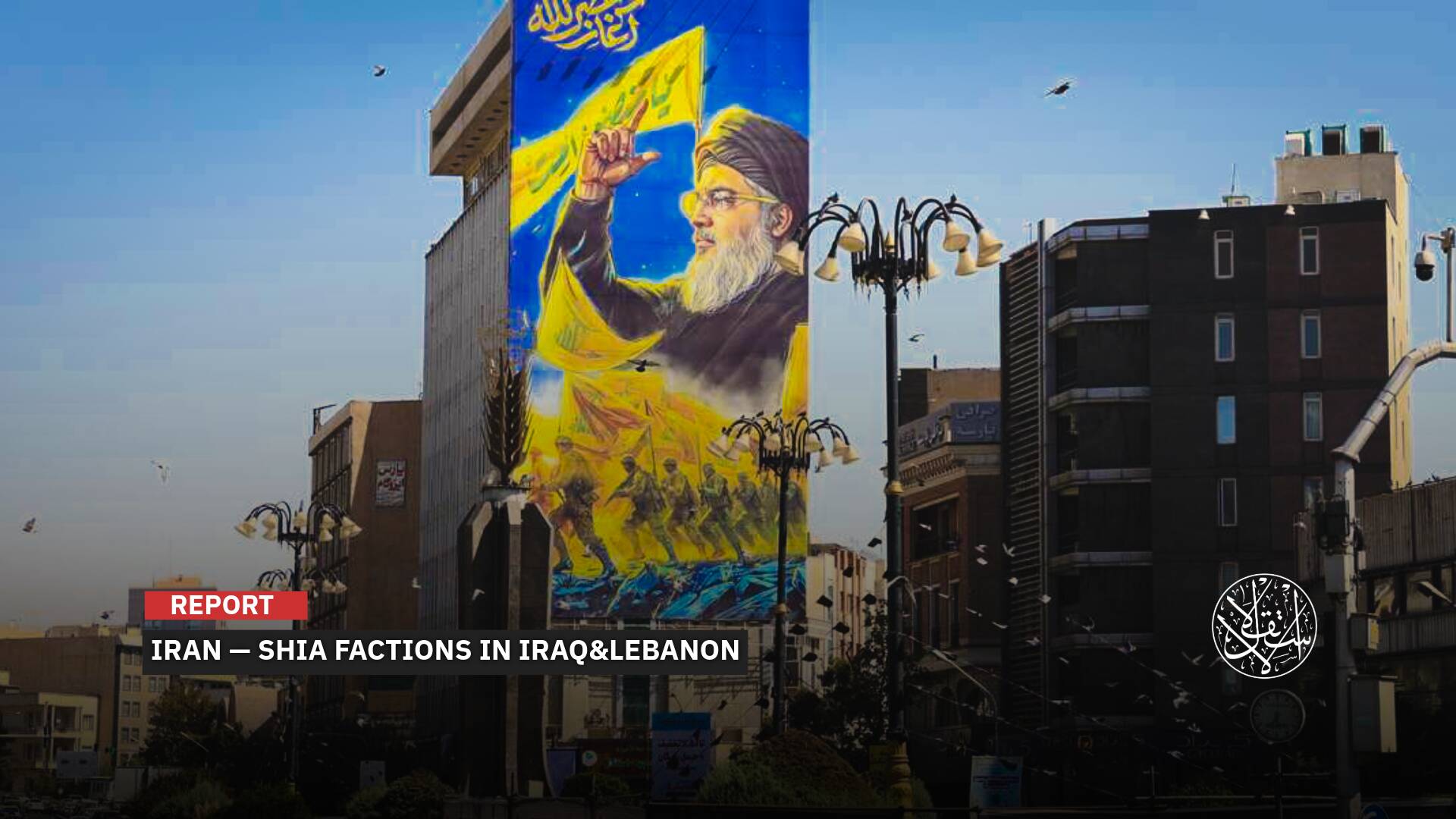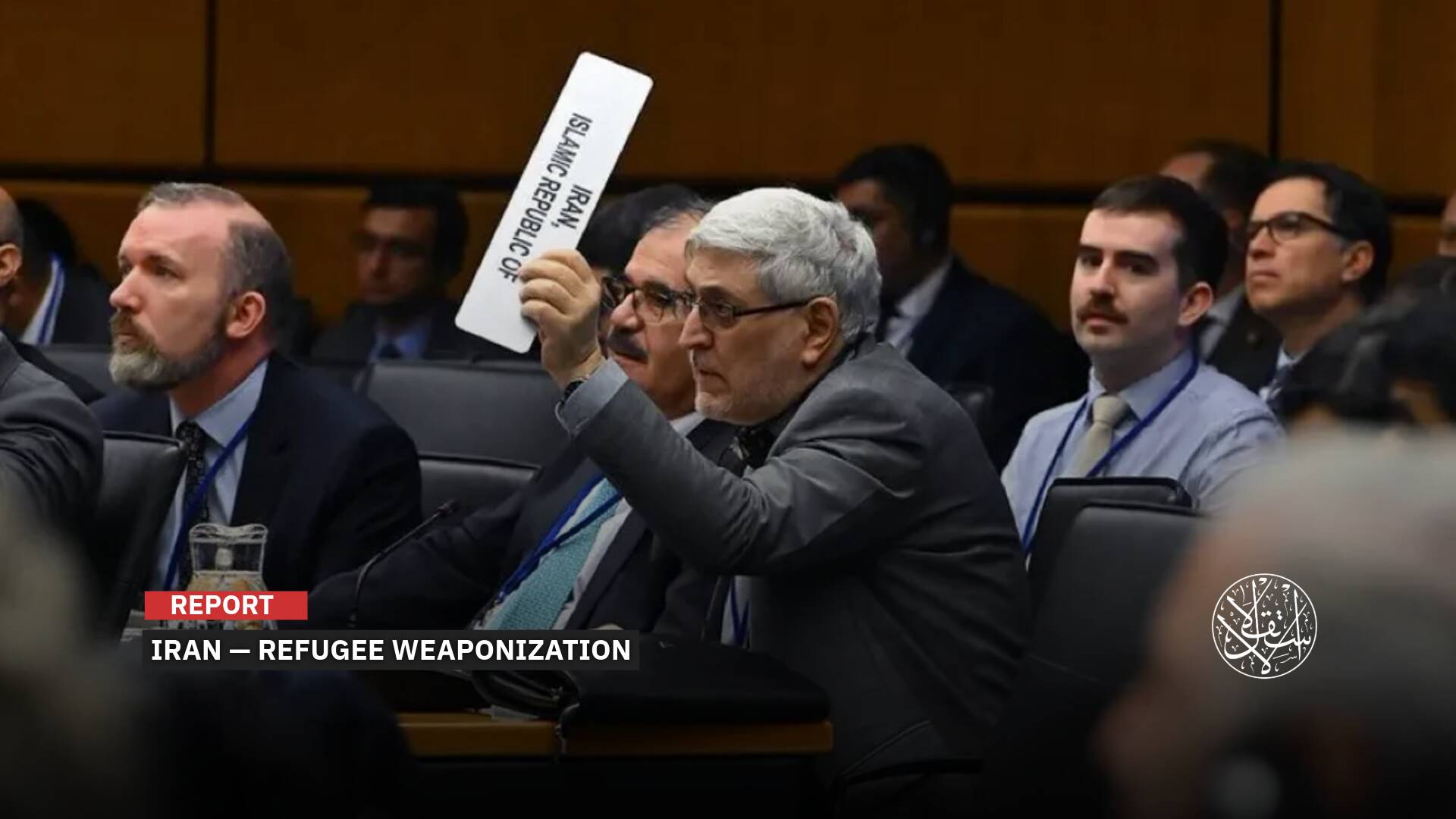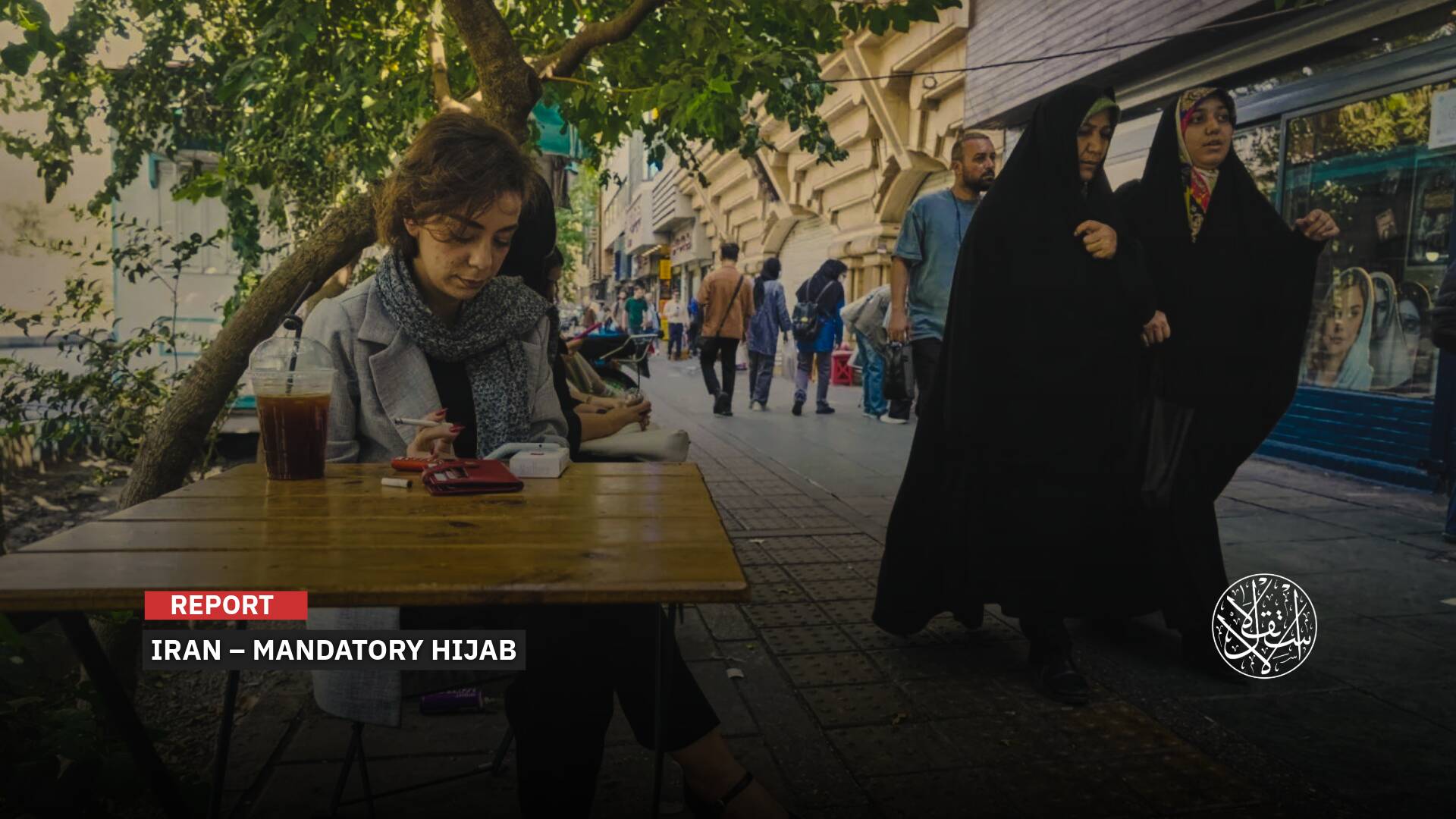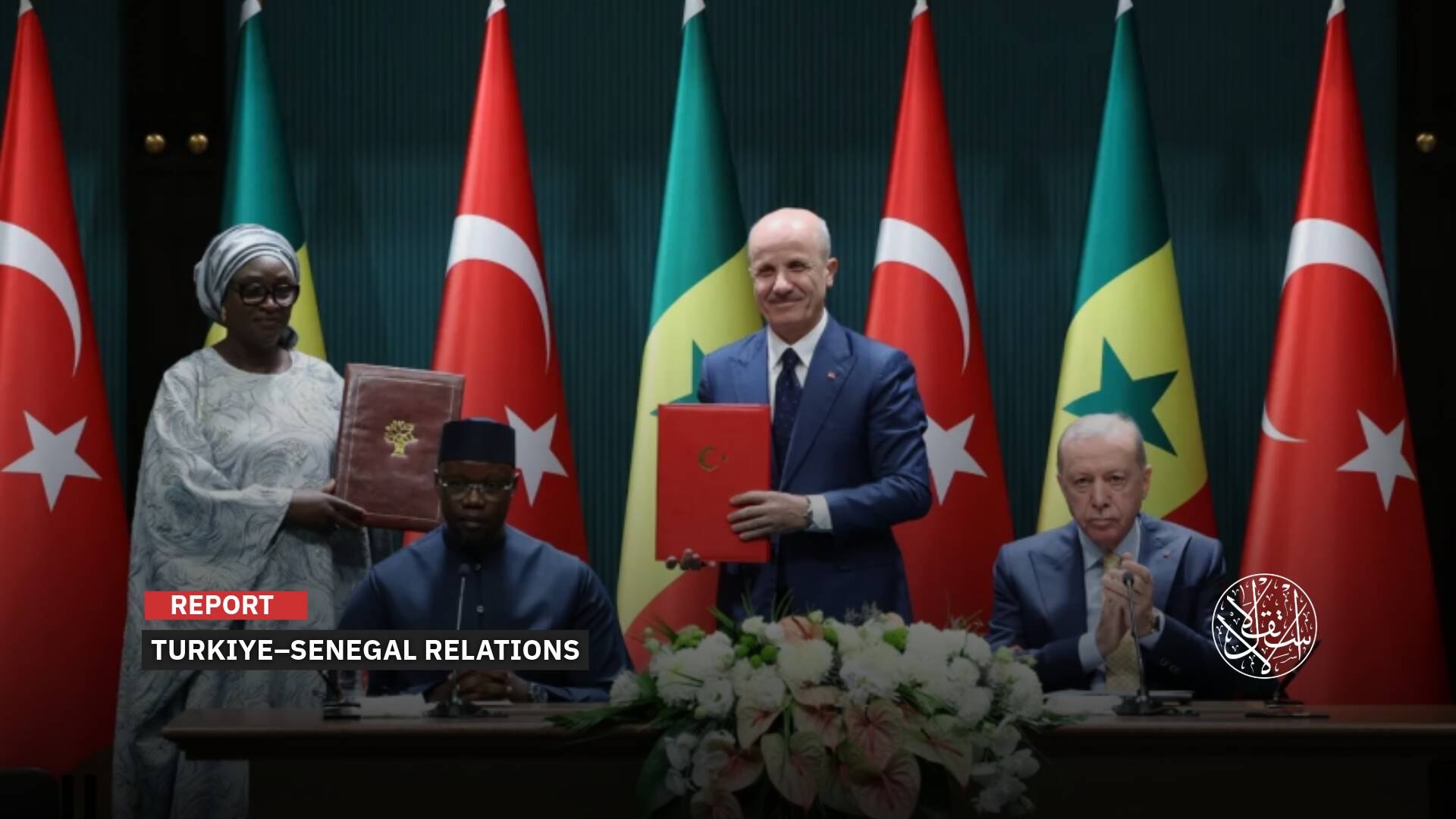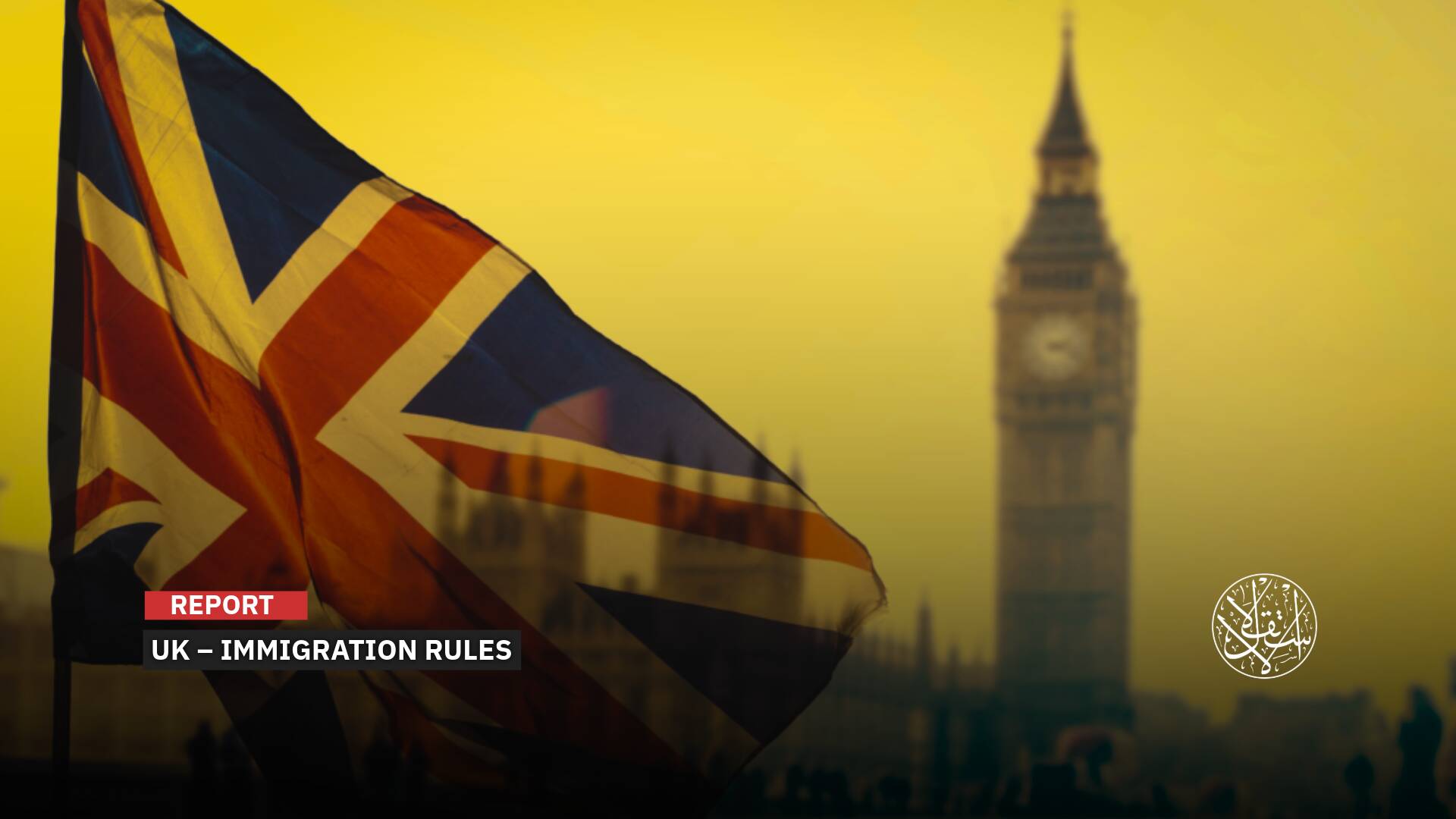Salem Al-Muslat; A Syrian Politician Who's a Candidate for the Presidency of the Opposition Coalition

The name of the Syrian politician, Salem Abdel Aziz Al-Muslat, began to be raised in the opposition circles, as a “possible candidate” to succeed the head of the opposition coalition, Nasr Al-Hariri, on June 2, 2021, who announced that he would not run for a new presidential period for the internationally recognized coalition.
Al-Hariri confirmed on Twitter that “The coalition elections will happen on July 11 and 16, 2021, where 8 people came to the presidency in 9 years, the door is open in front of a new president.
After that, press reports said that expectations indicate that a member of the coalition and head of the “Syrian Tribes and Clans Council”, Sheikh Salem Al-Muslat, will assume the presidency of the coalition.
Possible Candidate
Al-Muslat, born in the city of Al-Hasakah on February 8, 1959, is married and has two daughters, he is the sheikh of the Jabour tribe, which is widespread in Syria and Iraq.
He holds a master's degree in political science from the United States of America, in which he lived for a long period of time during the study period, from 1978 to 1985.
After completing his studies and returning from the United States, Al-Muslat worked in the “Ikhwan” Trading Company and the Saudi “Saqr” Holding Group, from 1985 to 1998.
After that, Al-Muslat moved to work as a researcher in Gulf affairs at the “Gulf Research” Center in Dubai, UAE, he became the director general of the Center from 1998 until 2011, with the start of the Syrian revolution.
Al-Muslat joined the ranks of the political formations of the Syrian opposition, and was a spokesman for the High Negotiations Committee, and resigned from it in 2017.
During his last television interview on June 3, 2021, Al-Muslat said: “The clans in Syria are divided, as are the parties, and we suffer from a big problem, because the loyalty of the tribe to its sheikhs, many of these sheikhs either declared their loyalty to the Assad Regime or remained silent, and because they are under the authority of the Regime and the militias that occupy the region”.
He added that “The three governorates that have clan weight, these are: Raqqa, Deir ez-Zor and Al-Hasakah, all of which are occupied by Qasad militias (Syrian Democratic Forces), they recruit the sons of the tribes to implement their agendas, and this is regrettable”.
Al-Muslat pointed out that “The clans alone cannot fight against states, especially since Iran, Russia and others are in Syria, this requires efforts that exceed the efforts of the clans and even the Syrians to get rid of the Regime and its supporters”.
He explained that “The loyalty of the clans to the homeland is greater than the loyalty of the tribe, we seek a national, not tribal, agenda, but what we gain from the clan is the large mass that must be harnessed to serve the revolution”.
He continued, "But clans cannot be viewed only from a social point of view, among them many of their sons are engaged in political work and have degrees, therefore, it is not permissible to deal with them on a social basis only”.
Wanted for Arrest
During the period that followed the outbreak of the Syrian revolution, opposition websites revealed in January 2016 that Al-Muslat, who appeared in front of the cameras in the Swiss city of Geneva, as a spokesman for the opposition forces, had four arrest warrants issued against him by the intelligence of the Assad Regime.According to documents from the intelligence archives that were shown by opposition media, Al-Muslat is wanted for arrest by 3 different intelligence services affiliated with the Assad Regime, according to warrants, all issued after the outbreak of the revolution, specifically between 2011 and 2014.
On October 27, 2019, the opposition Al-Muslat issued a statement about people raising the flags of the Regime and chanting for it, during the reception of his father Abdul Aziz, the sheikh of the Jabour tribe in Al-Hasakah.
Salem said in his statement: "We wished that some of those who chanted for the Assad Regime had looked at the house, that parts of it were destroyed by the Regime’s shells and its agents, the Baath deported its owner to Palmyra prison and then to Iraq for 6 years, then he was subjected to 4 years of house arrest, the Regime confiscated his land and property”.
He stressed that “The banner of the tribe is sacred, but the banner of the homeland is more sacred… The banner of dignity, the banner of the people, and the banner of the martyrs, not the banner of the Regime and its militias”.

The Syrian opposition recalled how of his father, Sheikh Abdul Aziz, in the eighties, expelled the delegation of the “Al-Murtaza” association, which was founded by Jamil Al-Assad (brother of Hafez Al-Assad), when they started the “Shiite” campaign in the province, despite presence a delegation of senior Regime figures and a representative from the Lebanese “Hezbollah”, who invited him to visit the city of Qardaha to meet Jamil al-Assad at that time, and he refused their invitation.
The opposition politician demanded not to allow those he described as “a few who came with an invitation or without an invitation to drag the revolutionary dear tribe, to support a dilapidated Regime that desecrates sanctities”, he confirmed, “Do not think that this Regime is for you, it is insulted the sheikhs and marginalized the tribes and clans”.
Close to Saudi Arabia
On July 11, 2015, “WikiLeaks” documents revealed a message from Saudi Foreign Minister Saud Al-Faisal to the Chief of the Royal Court and the King’s Private Secretary on April 26, 2012, stating that: “The Deputy Foreign Minister received Salem Abdul Aziz Al-Muslat, the son of the Sheikh of the Jabour tribe, a member of the Syrian Tribal Council”.
The deputy was quoted to Al-Faisal about Salem saying that “The situation in Syria is getting worse, and they did not reach consensus with the Syrian National Council, the Free Syrian Army is not in the form that is being told about it, Turkey may try to support and build this army for its own agenda, without paying attention to create internal forces in Syria, able to be more effective in achieving the goals of the revolution”.
Al-Faisal recommends “helping the tribes provided they join the National Council, because their influence will be stronger in this case, especially that the kingdom's policy is based on the fact that the Regime will change”.
Following Al-Faisal's recommendation, Al-Muslat became a member of the opposition coalition when its formation in November 2012, then he became the deputy head of the coalition at that time, according to reports.


